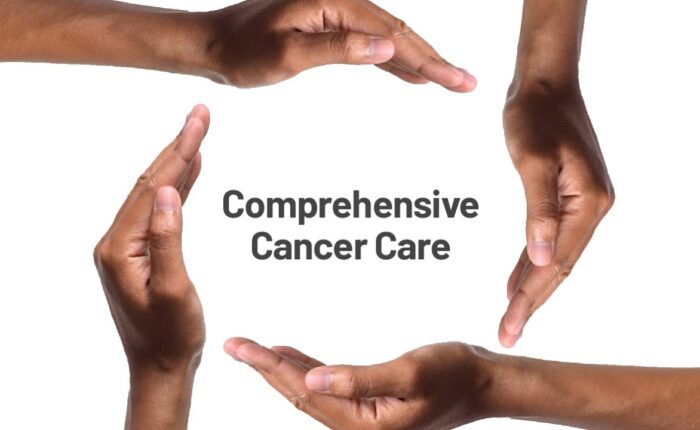Comprehensive Cancer Management: From Early Detection to Recovery Support

Cancer is one of the most challenging health issues of our time, affecting millions of people worldwide every year. While it brings physical, emotional, and financial struggles, advances in modern medicine and awareness programs are making it possible to detect, treat, and manage cancer more effectively than ever before. Comprehensive cancer management focuses not just on treatment but on the entire journey—starting from early detection to long-term recovery support.

The Importance of Early Detection
Early detection is often the difference between life and death in cancer management. Screening programs, regular check-ups, and awareness campaigns help identify cancers in their earliest stages, when they are most treatable. For example:
- Mammograms can detect breast cancer before symptoms appear.
- Colonoscopy helps in identifying colon cancer at a pre-cancerous stage.
- Pap smears and HPV testing are crucial for cervical cancer prevention.
Raising awareness about self-examinations and encouraging people to recognize early warning signs is critical for timely medical intervention.
Modern Treatment Approaches
Once cancer is diagnosed, treatment strategies are tailored according to the type, stage, and overall health of the patient. The most common treatments include:
- Surgery – removing cancerous tissue from the body.
- Chemotherapy – using powerful drugs to kill cancer cells.
- Radiation therapy – targeting tumors with controlled radiation.
- Targeted therapy & Immunotherapy – cutting-edge approaches that strengthen the immune system and attack cancer at the molecular level.
In recent years, personalized medicine has emerged as a game-changer, offering treatments that are customized to the genetic profile of the patient’s cancer.
Managing Side Effects and Quality of Life
Cancer treatment often comes with side effects such as fatigue, nausea, hair loss, or weakened immunity. Comprehensive cancer management includes support systems that help patients cope with these challenges. Nutritional guidance, psychological counseling, pain management, and rehabilitation therapies all play a vital role in ensuring better quality of life during treatment.
The Role of Emotional and Social Support
Cancer doesn’t just affect the body; it deeply impacts the mind. Anxiety, depression, and fear are common among patients and families. Emotional and social support—whether through counseling, support groups, or family care—can significantly improve a patient’s outlook and recovery. Compassion and community involvement are just as essential as medical treatment.
